
American culture is layered, diverse, and full of contradictions — shaped by immigration, ideals of freedom, consumerism, and decades of media influence. These 15 facts reveal deeper truths about how Americans live, communicate, and see the world. Some may surprise you. Others may finally explain things you’ve noticed but couldn’t quite understand.
Tipping Is Practically a Social Rule

In most countries, tipping is optional. In the U.S., it’s expected — especially in restaurants, where service workers often earn below minimum wage and rely on tips to survive. Not tipping isn’t just seen as impolite, it can be considered offensive or entitled. The usual tip is 15–20% of the bill, and in certain industries like hair salons, taxis, and food delivery, tipping is built into the social contract.
Individualism Is a Core Value

Americans grow up with the idea that independence and self-expression are not just good — they’re expected. “Be yourself” isn’t just a cliché, it’s a cultural norm. Kids are taught to think independently, pursue personal dreams, and “stand out” rather than “fit in.” This value influences everything from career choices to how Americans parent, vote, or decorate their homes.
The Super Bowl Is Practically a National Holiday
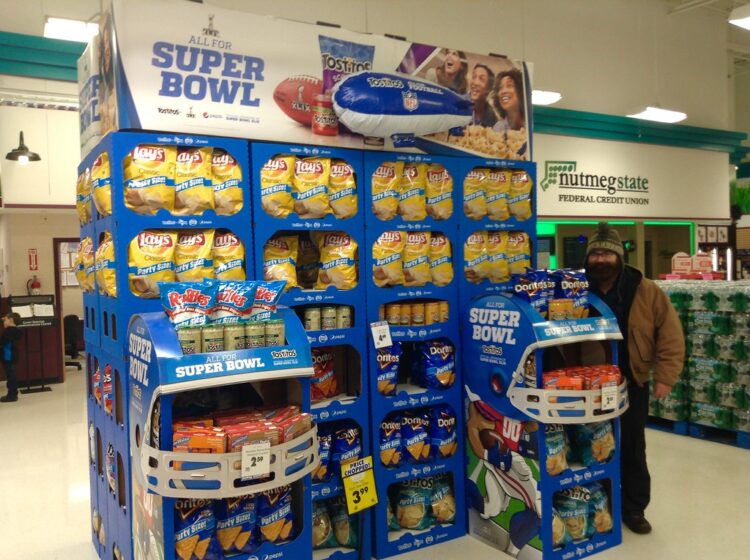
It’s not just about football. The Super Bowl is a yearly cultural phenomenon that brings Americans together, even if they don’t care about the game. Friends gather for watch parties, families plan food spreads days in advance, and commercials are talked about as much as the score. The halftime show often features major celebrities and becomes a water cooler topic the next day.
Patriotism Runs Deep
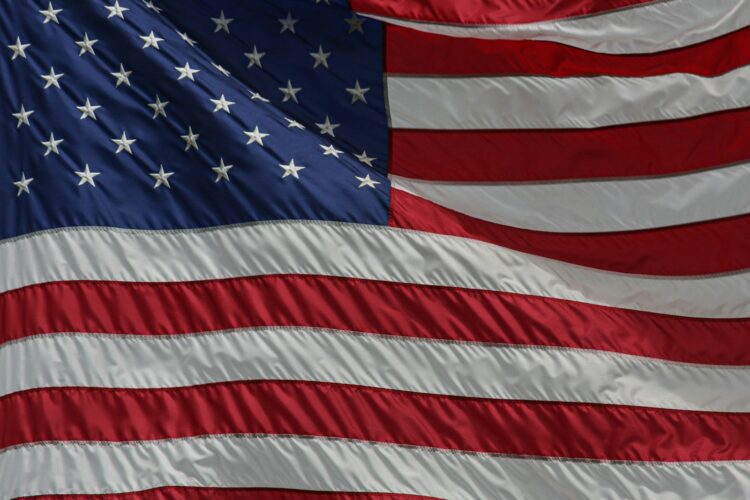
American patriotism is visible — flags on porches, pledges in schools, anthems at sports games. Many Americans feel a deep emotional attachment to their country and its founding ideals, even if they disagree on how well those ideals are upheld. This pride can sometimes seem extreme to outsiders, but it’s often rooted in a national narrative of freedom, bravery, and historical struggle.
The Country Is Vastly Regional

There is no single “American culture” — it varies dramatically depending on where you are. The laid-back vibes of California differ from the formal politeness of the South or the fast-paced culture of New York. Even food, accents, slang, and values can shift within a few hundred miles. For example, barbecue in Texas is a whole different experience than barbecue in North Carolina.
Food Portions Are Huge
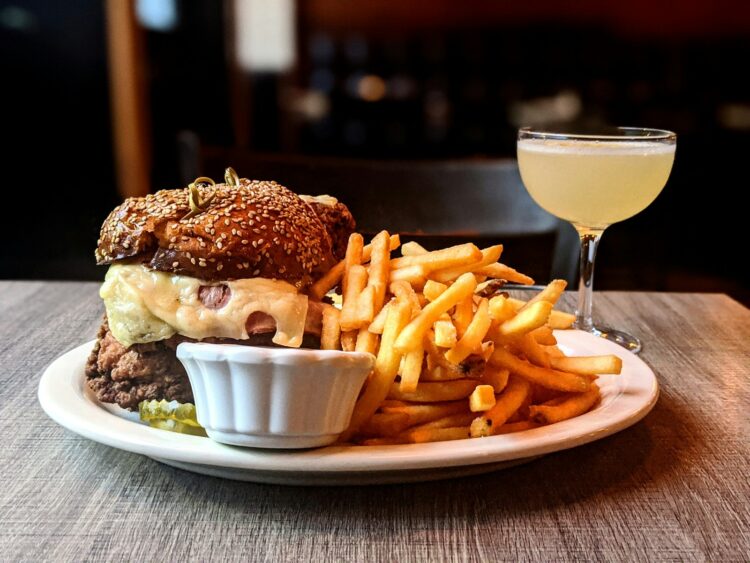
In the U.S., bigger is often seen as better, and that mindset spills into food culture. Restaurant portions are large, soft drinks come in towering sizes, and “value meals” often mean more for less. While this abundance reflects prosperity and convenience, it also contributes to health problems like obesity and food waste. Many restaurants offer take-home boxes without hesitation because leftovers are expected. For visitors used to smaller servings, the size of American meals can be both impressive and overwhelming.
Time Is Treated Like Currency

There’s a strong cultural emphasis on productivity, deadlines, and getting things done quickly. Being late is often considered disrespectful, and efficiency is prized in both personal and professional life. This mentality is why fast food, drive-thrus, and instant services are so popular. Americans often multitask, schedule their lives by the minute, and view rest as something to “earn.” While this focus on time can lead to success and innovation, it also fuels burnout and a widespread struggle with work-life balance.
College Sports Are a Big Deal
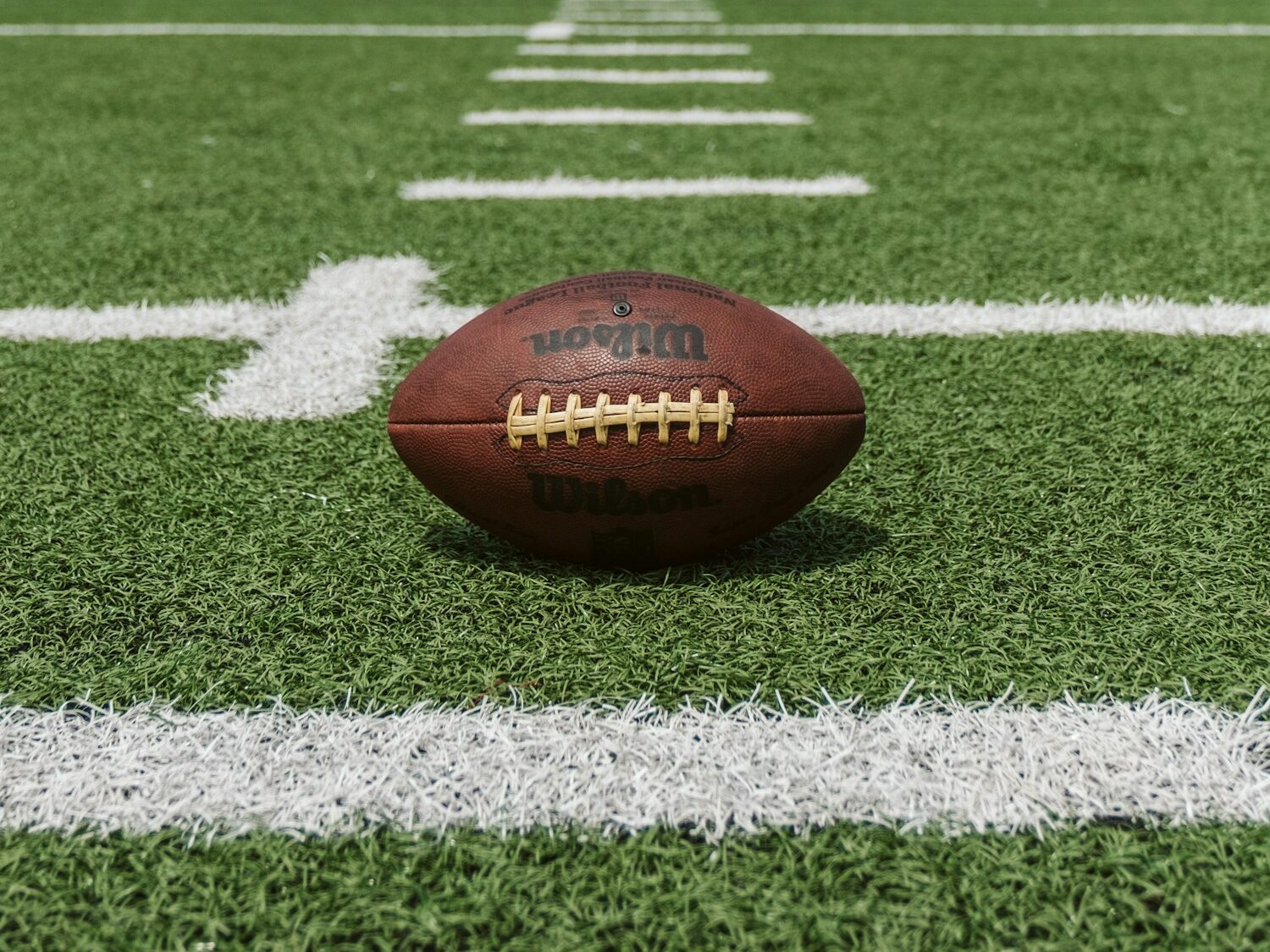
In many countries, college sports are small, local affairs. In the U.S., they’re massive — sometimes more popular than professional teams. Entire towns rally around their university football or basketball programs. Stadiums seat tens of thousands. Games are televised nationally. Athletes often become local heroes before they even graduate. This culture of competitive college sports is unique and deeply tied to school pride, alumni donations, and regional identity.
There’s a Deep Love for Road Trips

Americans have a romantic attachment to the open road. With vast stretches of highway, varied landscapes, and a strong car culture, road trips are considered a rite of passage. Whether it’s a cross-country drive or a weekend getaway, there’s something uniquely American about packing snacks, making a playlist, and chasing the horizon. This love of driving reflects both the country’s size and its values — freedom, independence, and the thrill of discovery.
Religion Still Plays a Strong Role

Even as some parts of the world become more secular, religion remains deeply woven into American public life. Politicians reference God in speeches, churches are prominent in many communities, and phrases like “In God We Trust”appear on money. Christianity, especially Protestant evangelicalism, holds significant sway in many regions. Religious values shape debates around education, healthcare, and civil rights.
Humor Is Often Self-Deprecating or Sarcastic
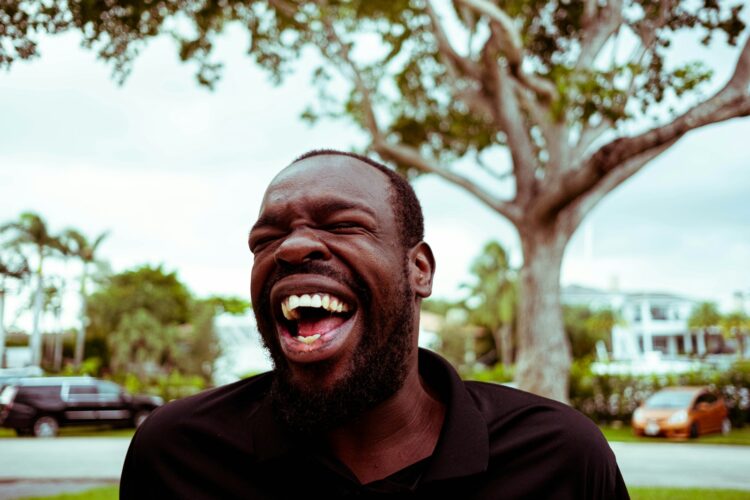
American humor leans heavily on sarcasm, irony, exaggeration, and often poking fun at oneself. Late-night talk shows, sitcoms, and stand-up comedy are filled with observational jokes about daily life, politics, or relationships. This form ofhumor can confuse those from cultures where speech is more literal. At the same time, humor is used as a social tool to defuse tension, bond with others, or show emotional intelligence.
Fast Food Is Everywhere
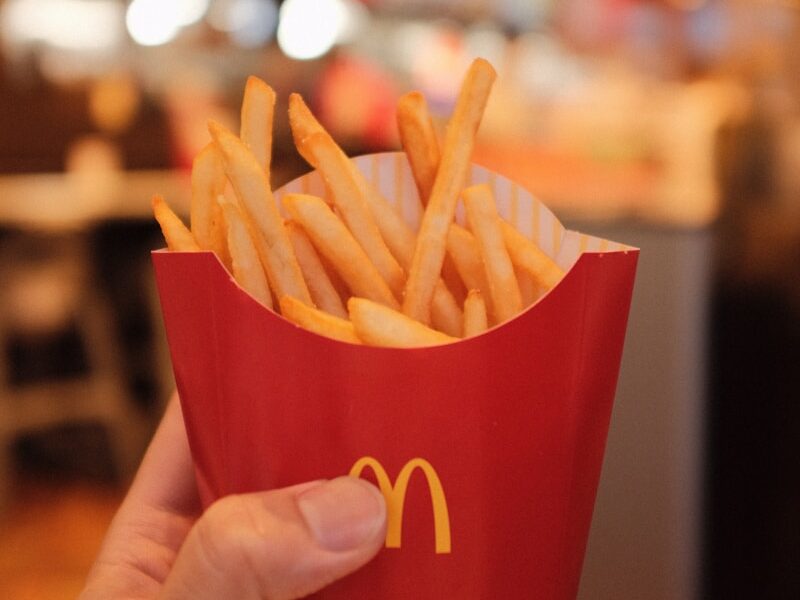
Chains like McDonald’s, Wendy’s, and Subway are found in nearly every town, often within minutes of each other. Drive-thru culture reflects both the emphasis on speed and the reliance on cars. While fast food is criticized for its health impact, it’s also a symbol of affordability and nostalgia. Many Americans have fond memories of Happy Meals, late-night burger runs, or road trips with drive-thru stops.
Holidays Are Commercialized

In the U.S., holidays are big business. Retailers start advertising Christmas in October. Valentine’s Day is about chocolates and flowers, Halloween involves costumes and candy, and even patriotic holidays feature store-wide sales. While most holidays have meaningful origins, consumer culture often takes center stage. Americans celebrate by shopping, decorating, and posting on social media, turning each occasion into a blend of tradition and marketing.
Diversity Is Part of the National Identity

America prides itself on being a nation of immigrants. With people from every background and ethnicity, the cultural landscape is incredibly rich, from languages and festivals to music, food, and religion. But while diversity is often celebrated, it also comes with tension. Debates over race, immigration, and equality are deeply woven into the country’s history and politics. Still, the idea that anyone can “become American” remains a defining part of the national story.
Small Talk Is a Social Norm

Americans are known for being chatty, especially in casual settings. It’s common to greet strangers with a “How’s it going?” or make small talk with cashiers, baristas, or fellow dog walkers. While the conversation may be shallow, it reflects a culture that values friendliness, approachability, and positive energy. Small talk helps navigate social situations, build rapport, and show respect, even when it’s just about the weather. For Americans, silence in social settings can often feel uncomfortable or awkward.

